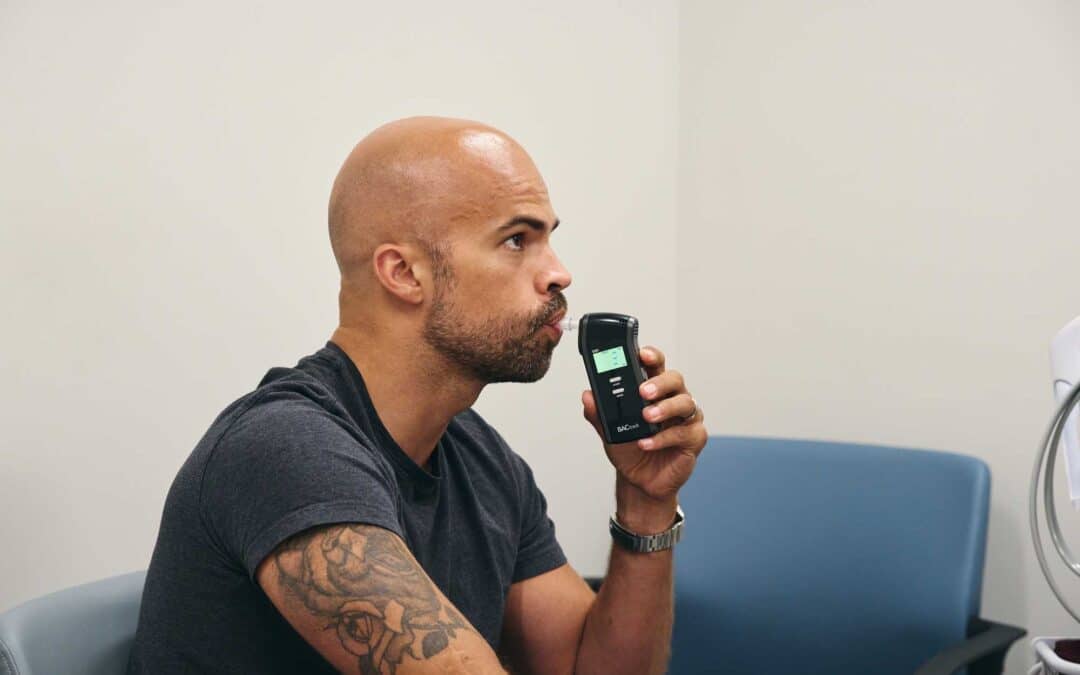Withdrawal can be the most intense process of addiction recovery—people around the country attempt to quit using drugs or alcohol daily. Unfortunately, the effects of withdrawal can lead many people to relapse or overdose. Professional detox programs can provide inpatient or outpatient care for withdrawal. Luckily, there are also home remedies to help manage acute and post-acute withdrawal symptoms.
If you or someone you love is struggling with alcohol or drugs, don’t detox without support. Our team at Liberty Health Services can help. Our luxury alcohol detox in New Hampshire, Liberty Health Services, gives our clients an intimate boutique detox. Find out more about our medical detox programs in New Hampshire today by calling us at 855.959.4521.
What Is Withdrawal?
Withdrawal is a physical, emotional, and psychological response that occurs when someone with an addiction stops using drugs or alcohol. When the brain becomes dependent on a substance, it stops making necessary chemicals like dopamine, serotonin, and GABA. When someone stops using substances cold turkey, their brain and body will go into shock. As the body detoxes drugs or alcohol, the brain will eventually begin making necessary chemicals on its own again.
Some common symptoms of withdrawal include:
- Muscle pain, spasms, or twitching
- Fatigue
- Appetite changes
- Sweating
- Shakiness or tremors
- Feeling cold
- Restlessness and irritability
- Delirium, sometimes hallucinations
- Worsened anxiety or paranoia
- Nausea and vomiting
- Stomach pain and other GI issues
- Confusion and disorientation
- Trouble sleeping
- Pain sensitivity
- Seizures
There are several stages of withdrawal that can take days, weeks, and months, especially if someone develops post-acute withdrawal syndrome. Knowing how to support withdrawal at home can help at any stage of the detox process.
What Is Precipitated Withdrawal?
This happens when someone takes a medicine that speeds up withdrawal symptoms from a drug they are dependent on. For example, if someone dependent on opioids takes certain medicines too soon after their last opioid use, they might experience sudden and severe withdrawal symptoms. It’s a risky situation and it’s important to have medical help when trying to stop using drugs like opioids.
5 Home Remedies for Withdrawal
There are some ways to ease withdrawal symptoms at home, including comfortable clothing and pain relief, reducing GI stress, increasing electrolyte intake, gentle movement, and herbal remedies.
1. COMFORTABLE CLOTHING AND PAIN RELIEF
Many will go through temperature changes, experiencing chills and sweating. Comfortable clothing that can easily be added or removed is the best choice for coping with temperature changes. Sweat-wicking or natural fiber clothing is often the best choice. Adding over-the-counter pain relievers can reduce headaches and body aches and regulate temperature.
2. REDUCE GI STRESS
Medications like Antivert, Bonine, or Dramamine help soothe nausea, while Imodium can relieve diarrhea. Ginger ale, ginger chews, and ginger tea can also help soothe GI stress.
Eating bland nutritious food and increasing hydration can also help replenish fluids.
3. INCREASE ELECTROLYTES
Dehydration is one of the most dangerous parts of detox and often leads to hospitalization. Eating fruit and drinking electrolyte beverages and water can help rebalance electrolytes to reduce symptoms.
4. GENTLE MOVEMENT
Gentle movements like stretching, yoga, light walks, and tai chi can help move toxins, balance neurotransmitters, and get someone’s mind off of detox. Walking outside can increase Vitamin D levels and help someone connect with the natural world.
5. TRY SUPPLEMENTS AND HERBAL REMEDIES
The FDA does not regulate natural supplements, but they can be helpful for many people during detox and withdrawal. Check with your doctor before trying supplements like melatonin for sleep or St. John’s Wort to reduce tremors. Increase magnesium, calcium, and Vitamin C, and consider acupuncture as another natural remedy to manage symptoms.
These are only a few tools to help manage detox at home, and they are not a permanent solution, as the risk of relapse increases as withdrawal continues. The best and safest option for someone dealing with unpleasant withdrawal symptoms is to get help from an addiction detox and treatment facility.
The Benefits of Drug and Alcohol Detox Programs
Withdrawal is difficult to go through without professional support, which is why many people struggling with substance abuse can’t break the cycle of addiction on their own. The benefits of enrolling in a detox program include the following:
- Unpleasant withdrawal symptoms are monitored and managed to get you through detox as comfortably as possible
- Severe withdrawal symptoms can often be prevented
- Safely transition to lower doses of a substance to be weened off or a new medication to offset cravings for and dependence on the substance of choice
- 24/7 care and support from medical staff, treatment specialists, and therapists
- Reduced cravings for substance of choice
- Prevents relapse
Additionally, individuals who go through the detoxification process before entering treatment or rehab have higher success rates in recovery, relapse prevention, and maintaining long-term sobriety.
Learn More About Luxury Detox Programs in New Hampshire
Managing detox and withdrawal is difficult. If you or someone you love is detoxing, know that this stage is temporary. Mindfulness, meditation, and present-moment awareness can help bring perspective to detox. Also, understand that the best way to avoid complications during detox is professional support. If you and your loved ones are ready for luxury detox in New Hampshire, we have the program for you. Our clinic provides the following detox programs:
- Opioid detox
- Opiate detox
- Benzodiazepine detox
- Heroin detox
- Methamphetamine detox
- Cocaine detox
- Synthetic drug detox
- Prescription drug detox
- Valium detox
- Xanax detox
With only 24 clients at a time, we are able to provide safe, inclusive medically-assisted detox. Call us now at 855.959.4521 or fill out our online form to learn more.


